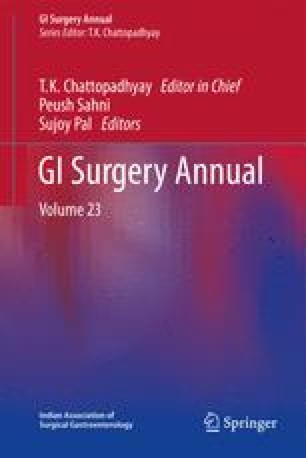
Liver failure means your liver is shutting down or has shut down. Request an appointment with a hepatologist What is liver failure? Our patients who are candidates can get on the waitlist faster and, therefore, receive an organ sooner. Every member of our team is alerted to the urgency of your situation, and we rapidly conduct all the necessary tests and evaluations, which can be completed in two to three days in the inpatient setting. To determine whether you or your loved one is a candidate for a transplant, we have a fast-tracked, comprehensive evaluation protocol for patients in liver failure. Unlike kidney failure where dialysis can be used to do the function of the kidney, there are no machines available yet to replace the work of the liver. However, in many cases, the definitive treatment for liver failure is a liver transplant. Whenever there is a treatment for the cause of your liver failure, we will start that treatment immediately. When liver failure is suspected, we work together to recommend the best approach for you or your loved one. At the Center for Liver Diseases at the University of Chicago Medicine, we have a team of highly experienced specialists dedicated to helping adults with liver failure. The goal of these sessions is to provide participants with information and resources to maintain a healthy status while awaiting transplantation and post surgery.When the liver is failing, time is of the essence. Included in the project are extensive notes and activities for the occupational therapist that is implementing the sessions. It provides a glimpse into post surgical activity guidelines following liver transplantation.Įach session consists of a group activity, time to review previous information and answer questions before beginning new content. The program consists of five sessions addressing detailed information and education to the families/caregivers regarding the disease progression. Based on the literature review, a comprehensive education program was developed for patients with end-stage liver disease and their families.


A comprehensive literature review revealed the complicated process of liver disease and post liver transplant recovery.
#Strength and endurance rehab after liver failure professional#
Reviewing the current professional literature and research was a key element in accomplishing the goal of identifying an evidence-based method to incorporate occupational therapy interventions into the lives of those with end-stage liver disease. Occupational therapy intervention for those awaiting liver transplantation aids in assisting and providing a safe environment for the person living with the progressive disease process, facilitates the strength and endurance necessary to under-go such a complex surgery as well as promotes improved functional outcomes post surgery (Hasting, Gowans, & Watson, 2004). The occupational therapist has the challenge of motivating the patient to independently mange his or her life and will complete a comprehensive evaluation with emphasis on the social, emotional, and physiological effects following liver transplantation. Patients on the liver transplant waiting list experience a decline in functional performance or may expire while waiting. The illness distress associated with liver disease and transplantation involves every aspect of the individual's life (physical, psychological, social and spiritual) and impacts the individual's quality of life, an important outcome measure of life satisfaction and well-being (Belle, Hoofnagle, Lake, Porayko & Zatlerman, 1997).

Liver transplantation is the only treatment of choice for chronic liver disease.


 0 kommentar(er)
0 kommentar(er)
